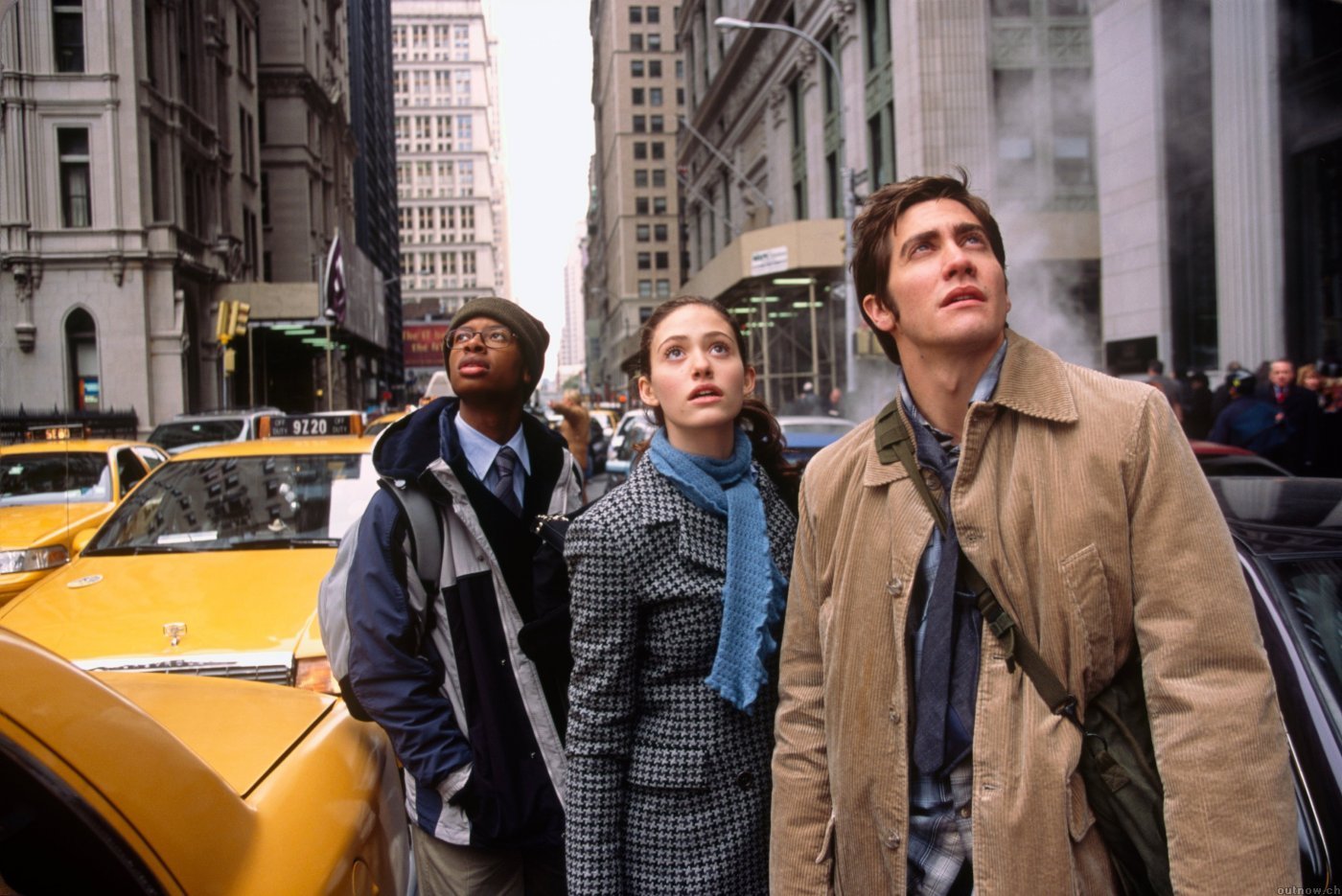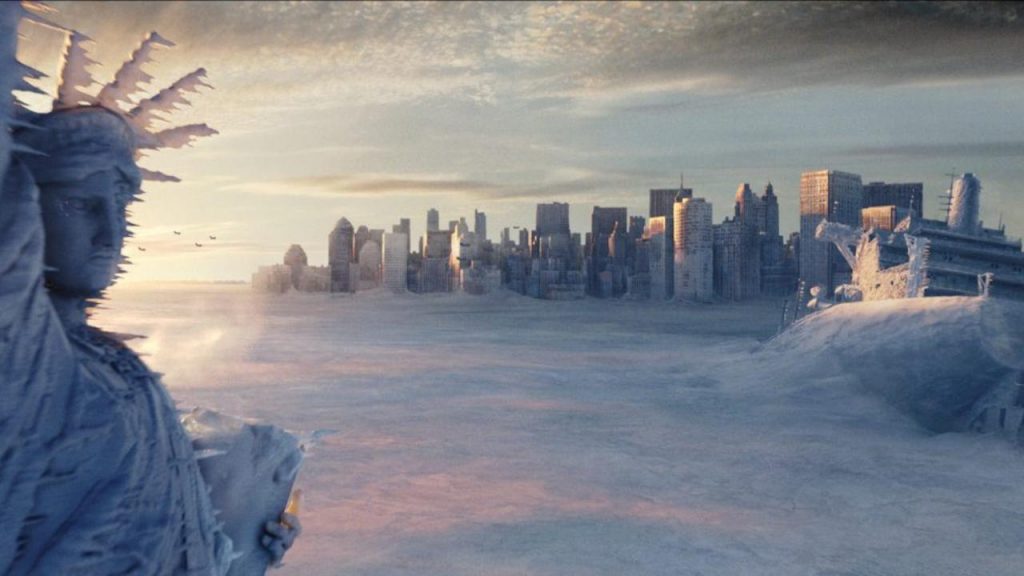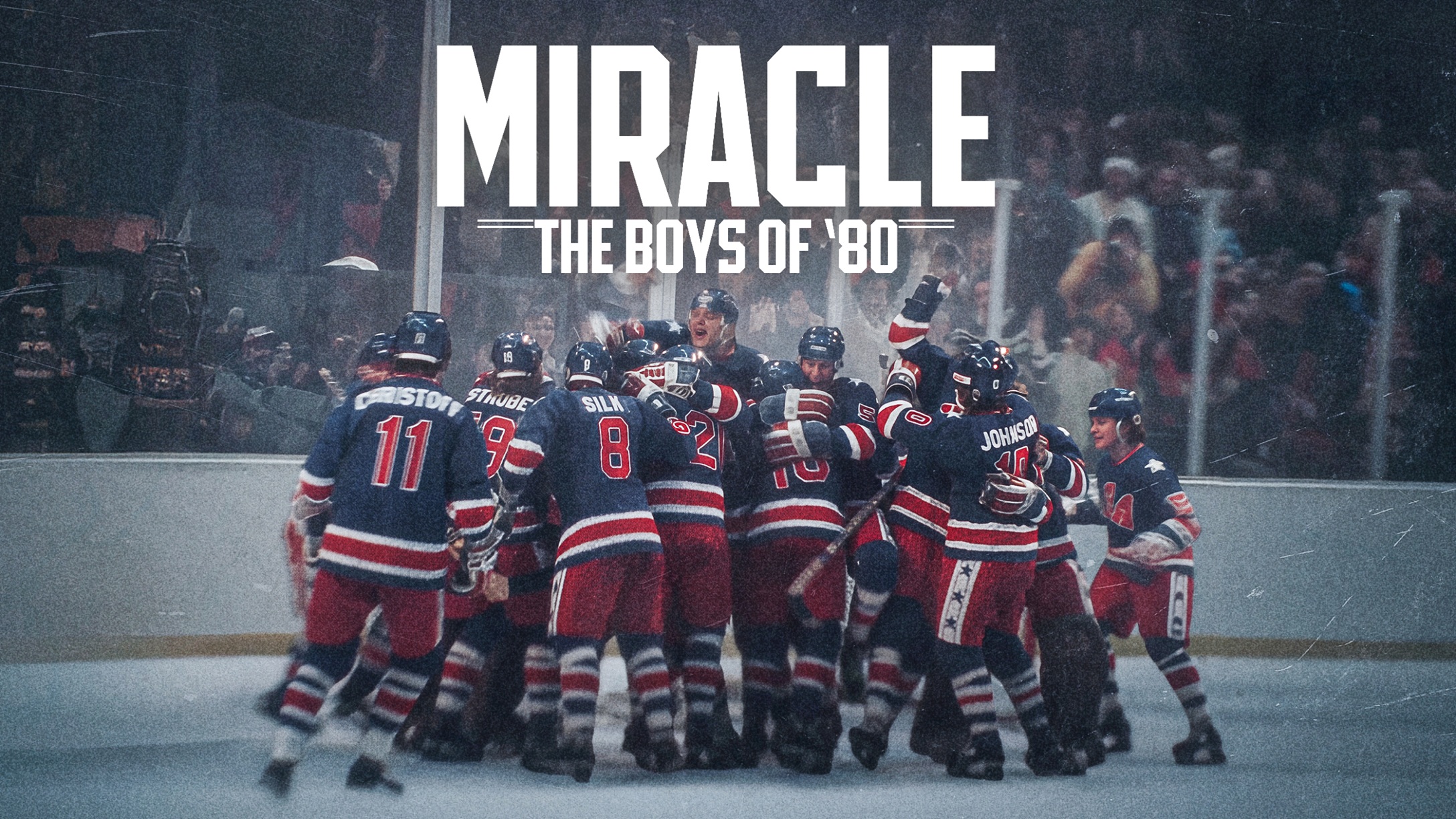
Action filmmaker Roland Emmerich took a break from alien invasions to get audiences talking about climate change with The Day After Tomorrow.
While this film is a big budget blockbuster, the film’s contents could easily fit in as the SyFy movie of the week. There are certainly elements of the film that might be right but only when spread out over a period of time. The climate crisis is a problem but it’s not going to just rapidly cool down in a matter of seconds. A period of maybe ten years would be accurate. And of course, we’re seeing the changes right now. Look at the wildfires, flooding, and regions shutting down for snowstorms because they never get them. This is just in the past one year alone! It’s no wonder that Adam McKay made Don’t Look Up because we need to stop ignoring the crisis.
Paleoclimatologist Jack Hall (Dennis Quad) hasn’t been the best father but at the end of the day, he’s going to risk his life to save his son, Sam (Jake Gyllenhaal), at the New York Public Library. Joining Jack on this rescue mission are NOAA colleagues Frank Harris (Jay O. Sanders) and Jason Evans (Dash Mihok). Sam is stuck there with school friends, Laura Chapman (Emmy Rossum) and Brian Parks (Arjay Smith), and decathlon rival J.D. (Austin Nichols). When J.D.’s place no longer becomes an option to stay, the four of them walk to safety at the library, making it just in the nick of time. Leave it to tax law books to come in handy when it comes to staying warm as western civilization comes to an end. That said, I do give credit Jeremy (Tom Rooney) for making sure that the Gutenberg Bible survives.
At one point, Mexico closes the borders to those Americans looking to survive the storm. Ironic? They only reopen when the US agrees to remove their debt. At the end of the film, Raymond Becker (Kenneth Welsh) makes his first public address since President Blake (Perry King) perished in the storm. President Becker isn’t blunt about it and admits his own ignorance:
These past few weeks have left us all with a profound sense of humility in the face of nature’s destructive power. For years, we operated under the belief that we could continue consuming our planet’s natural resources, without consequence. We were wrong. I was wrong. The fact that my first address to you comes from a consulate on foreign soil is a testament to our changed reality. Not only Americans, but people all around the globe have become guests in the nations we once called ‘the Third World’. In our time of need, they have taken us in and sheltered us, and I am deeply grateful for their hospitality

Visually speaking, the film is impressive from an effects standpoint. The filmmakers could have used a miniature set to depict the destruction. Instead, it’s all being done over CGI. The same goes for the awe-inspiring shot of Antarctica at the beginning of the film. Mind you, this was only 2004 and technology keeps getting better and better!
When you take away the facts over the scientific accuracy, the film is a horrifying thriller. Devastating tornadoes, rising seas, and the start of a new ice age. You know it’s a problem when major countries depend on third world countries for their survival. Last year, co-writer Jeffrey Nachmanoff revisited the film in a piece for the Washington Post. Nachmanoff laid it out clearly from his talks with climate experts in that future scenarios were not entertaining. Why would they be? Any film about the climate crisis is only going to turn into a horror film! He notes this: “I’ve grown increasingly pessimistic that anything can shake us from our stupor short of some cataclysmic disaster like the kind we invent in Hollywood movies.”
While the film certainly isn’t accurate with science, we should listen to him now. Look at some of the positives from the early months during the pandemic. There was a global reduction in emissions! Both the skies and water both gradually became clear. What’s not to love about this? No hazy skies! But as soon as offices started to reopen, the emissions began to climb again. Like Nachmanoff, I believe that we should use the lessons from the pandemic and apply them to our fight against climate change. We cannot afford to do nothing. Globally, we’re all in this fight together.
The Day After Tomorrow might be a popcorn thriller but the film depicts a horrifying future nevertheless.
DIRECTOR: Roland Emmerich
SCREENWRITERS: Roland Emmerich and Jeffrey Nachmanoff
CAST: Dennis Quaid, Jake Gyllenhaal, Ian Holm, Emmy Rossum, Sela Ward, Dash Mihok, Kenneth Welsh
20th Century-Fox released The Day After Tomorrow in theaters on May 28, 2004.
Please subscribe to Solzy at the Movies on Substack.






